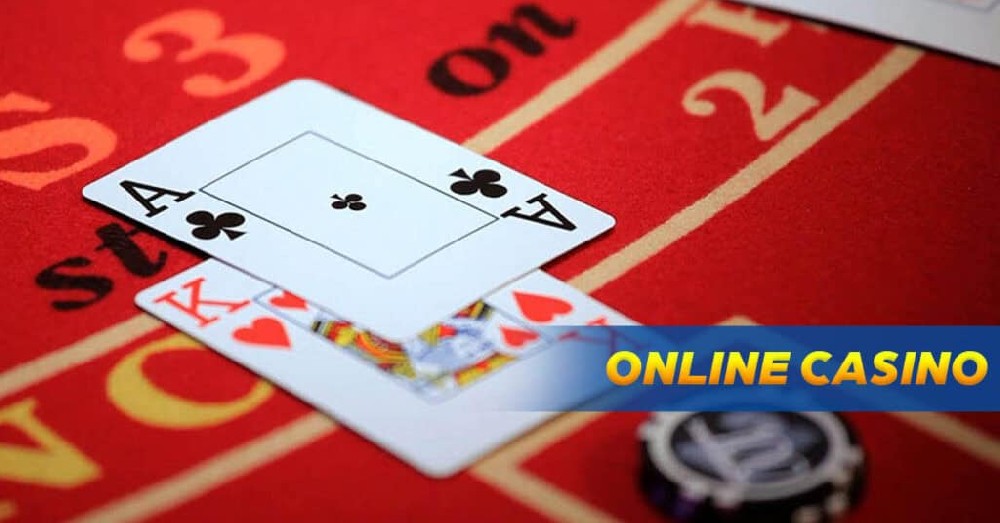01
Register
Download the app and signup for account
02
Get Ready
Deposit & get ready for play betting
03
Enjoy
Betting more and more & enjoy game

Poker: A Game of Skill and Strategy
Poker is an exhilarating game that can become addictive once you master its basic rules and develop a deeper understanding of its nuances. However, despite poker's less complex nature compared to popular belief, many still find playing like a pro quite challenging.
Mastering poker can even serve as a source of income. But knowing that significant losses are possible if you lack confidence in your skills, it's essential to strike a balance between the fun and excitement poker offers, especially for newcomers. Whether you play poker for leisure or professionally, here are strategies to excel in every game.
Strategy 1: Focus on Ranges, Not Just Hand Values
Fixating on your hand during poker can make you appear inexperienced. Distinguishing between seasoned and novice players often depends on how they perceive opponents' hands.
Experienced players calculate pot odds more effectively by considering potential hand ranges. In contrast, beginners focus on attributing a specific hand to an opponent. But what exactly is a range? It represents the collection of hands an opponent could hold in certain situations.
For instance, an opponent's range might include bluffs, high cards, straight draws, low pairs, middle pairs, top pairs, or flush draws. Learning to evaluate these possibilities enables better decision-making, going beyond the novice approach of solely targeting individual winning hands.
Strategy 2: Discard Your Favorite Hands
Playing your cherished hands often leads to subpar decisions, so it's advisable not to give them special treatment. While having favorite starting hands isn't inherently negative, it's crucial to recognize that poker success relies on logic and mathematics rather than superstition.
Strategy 3: Maintain a Consistent Strategy
Consistently applying a winning strategy is a fundamental skill for becoming an accomplished poker player. However, occasional dynamic play can be engaging, especially when boredom or emotional turbulence sets in. Regardless of recent performance or emotional state, maintaining a consistent winning strategy, as practiced by poker experts, is a wise approach.
Strategy 4: Always Have a Reason
Every action should have a rationale. If you contemplate deviating from a standard successful strategy, ensure a clear justification exists. If you believe that departing from the conventional plan could yield better results, substantiate your decisions with reasonable arguments.
Strategy 5: Know When to Fold
The ability to fold strong hands is a skill that can distinguish average from excellent poker players. Intermediate players might struggle to let go of strong hands like Aces or Kings due to attachment, while top players prioritize making optimal decisions.
Strategy 6: Avoid Poorly Played Games
Why participate in games with subpar players? Consider the value of your time and effort. Engaging in games filled with barely competent opponents can hinder your progress as a beginner poker player. However, if you play poker for leisure, recreation, or mental challenge, this advice may not apply as strictly.
Bonus Strategy: Recognize the Dangers of Tilt
In poker, you can experience both favorable and unfavorable streaks. Remember that you have no control over the outcome. Emotional tilt can be detrimental to your poker journey, aspirations, and bankroll. Recognize that abandoning your strategy and losing emotional control only harms yourself.
Playing poker can be highly enjoyable, but for those still establishing their footing in the game, it can also be frustrating and bewildering at times. Regardless of the cards' favorability, remember not to squander your funds; maintain composure and respect the effort you've invested.








